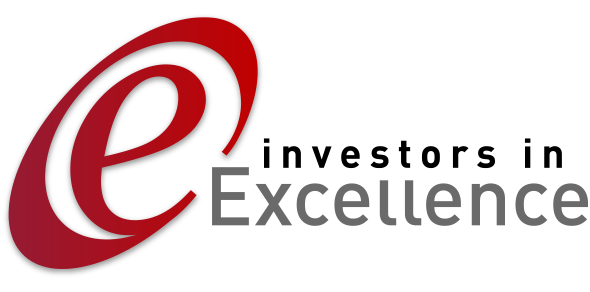 Team productivity is one of the greatest assets your organisation can benefit from. In order to achieve the optimum results from team activities, you need to ensure all members of the team are capable of using agreed processes effectively.
Team productivity is one of the greatest assets your organisation can benefit from. In order to achieve the optimum results from team activities, you need to ensure all members of the team are capable of using agreed processes effectively.
For a team to be delivering excellence on a consistent basis, there must be clear lines of authority and communication during a project. The more deeply this culture can be embedded into the day to day operation of the team, the better equipped the team will be to deal with specific tasks that it encounters.
Whilst your organisation will never be exactly the same as another – even in your own sector – there are common steps and approaches that can be used to develop a team based culture that is centred around improving productivity. Using internal and external resource can form a consolidated programme to communicate an agreed message and methodology to be used in productivity improvement.
Training
Teams can be either existing or brought into being for the duration of a specific project. The need for team members to have the required skill-set will be set out in the early stages of a project, and it may be that not all people involved will possess the same experience or effectiveness. Training on a common methodology is an excellent way to give a shared understanding of how things must be approached.
Facilitation
More experienced teams will potentially already possess the necessary skills, but there is an opportunity to use an independent facilitator to hone the effectiveness of the team in areas such as communication and task allocation. Facilitation is useful where there is a need for these “softer” skills to be developed, and they can complement the team’s technical abilities, and lead to more productive team meetings.
Coaching
Improving productivity can lead to advancement for individuals and teams. This may lead to a change of role for those concerned, and it is important that any such change is handled effectively. The transition into a new position can be greatly assisted by the use of Coaching on an individual or small group basis.
You can learn more of how IiE can help you by looking at our Approaches.
